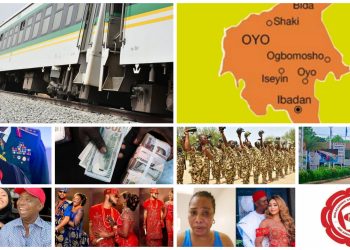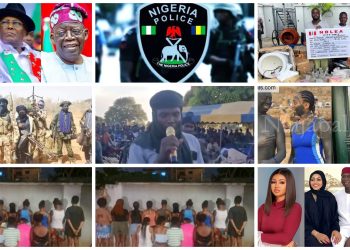Rilwanu Mohammed who directs the Bauchi State Primary Health Care Development Board, stated that the USAID operation stop created extensive problems within the family planning commodity pipeline of Bauchi State, Nigeria.
On February 6th 2025, Rilwanu Mohammed explained at the J4PD advocacy meeting that USAID was vital for family planning supply distribution to all primary healthcare facilities through the last-mile network.
The local communities are showing greater interest in family planning services because USAID’s suspension of support has left Bauchi health centers understocked.
Bauchi experienced major problems from the lack of family planning commodities because it lacked adequate reproductive health care services for its residents according to Mohammed. According to him, the present health issues intensify the resource limitations already suffered by the state medical system.
Bauchi State authorities have implemented different efforts to reduce the negative effects stemming from this program termination. Through its operations, Bauchi State committed N50 million to support the United Nations Population Fund (UNFPA) in providing reproductive health products to every health centre across the state. Through its reproductive health service program, the government reaches all Bauchi state citizens as part of its initiative.
Mohammed recognized during his speech that civil society organizations such as J4PD perform a vital function in spreading knowledge about family planning and public health topics. The speaker appreciated their ongoing efforts to secure improved healthcare services for maternal, newborn and child patients.
The Knowledge and Communication Specialist for J4PD Bashir Hassan declared that his organization would maintain partnerships with local authorities to enhance healthcare service usage and improve health results.
Family planning accessibility together with other health services can boost socio-economic development in the state according to him.
The future success of Bauchi depends on continuous communication between public authorities civil society organizations and non-governmental institutions to fill the healthcare service gap created by USAID’s termination.






